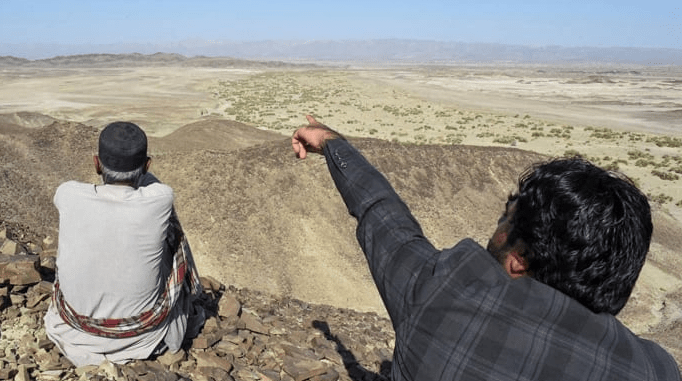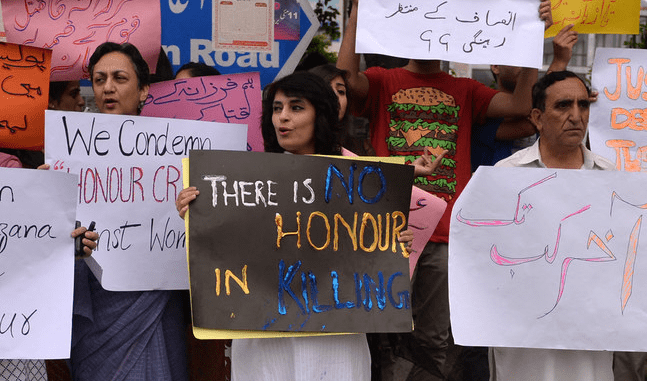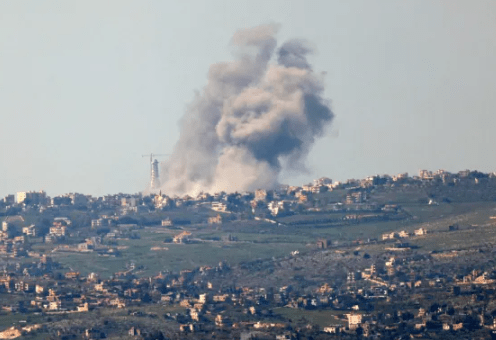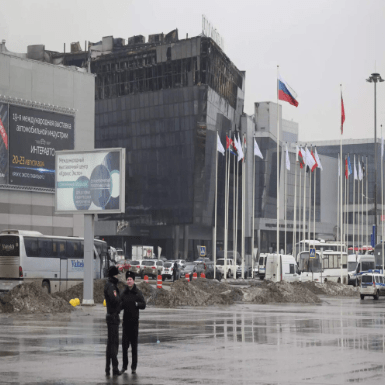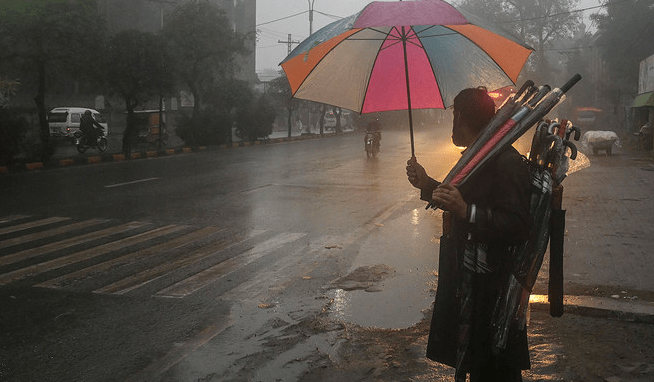Poland to set up reception centres for fleeing Ukrainian refugees
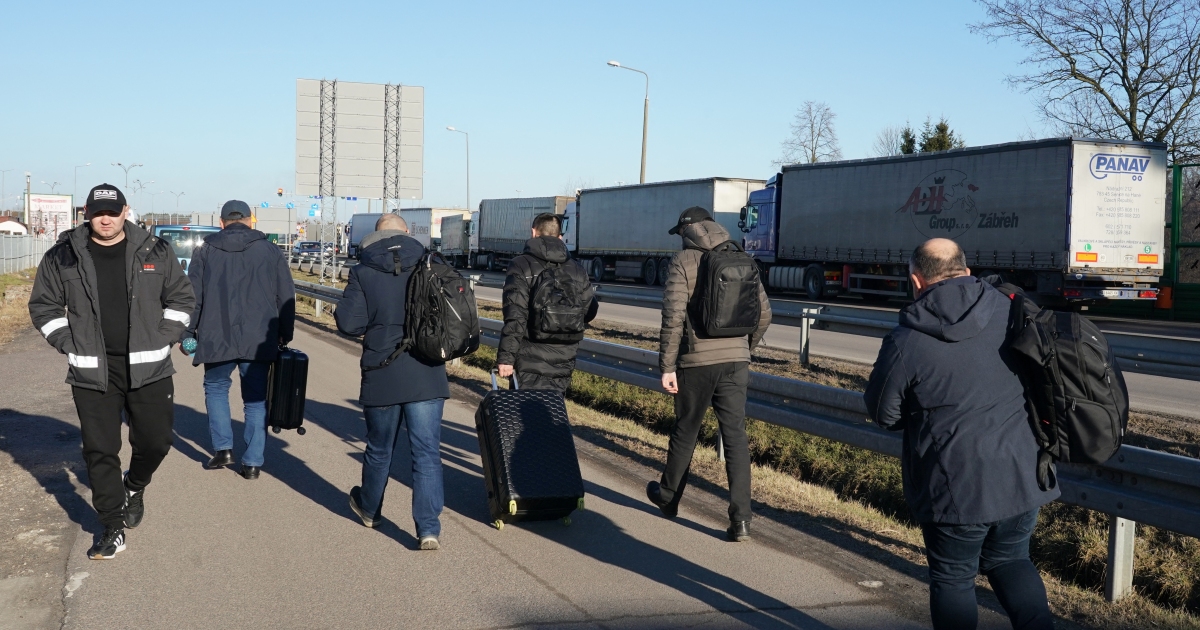
String of centres along the border to offer meals and medical care, as well a place to rest and receive information.
Poland says it will open nine reception centres along its 535-kilometre (332-mile) long border with Ukraine, as it expects an influx of refugees in the wake of Russia’s attack on its neighbour.
The announcement on Thursday came as the United Nations warned that Russia’s invasion of Ukraine would have “devastating” humanitarian consequences and called on neighbouring countries to keep borders open to those fleeing the violence.
“There will certainly be a wave of refugees arriving in our country,” Poland’s Interior Minister Mariusz Kaminski told journalists.
He said Poland would take in “as many as there will be at our borders”.
The reception centres would offer meals and medical care, as well as a place to rest and receive information.
People arrive by train from Kharkiv, in the east of Ukraine, to Przemysl, Poland [Maciek Luczniewski/AP Photo]
The head of the Polish border guard, Tomasz Praga, said on Thursday there had been an “increase” in the number of people seeking to cross the Poland-Ukraine border in both directions, but added the situation was stable.
Some 29,000 people had crossed the border in both directions during the past 24 hours, including 15,000 coming to Poland, Praga said earlier in the day.
On Thursday afternoon, a scheduled train from Kharkiv in eastern Ukraine arrived in the Polish town of Przemysl, near Ukraine’s western border, carrying a few hundred passengers.
The passengers of various ages, arriving with bags and backpacks, told The Associated Press news agency they were fleeing war. Some live in Poland and were returning urgently from visits to their homeland.
At the Dorohusk border crossing in eastern Poland, journalists saw cars with Ukrainian flags on their dashboards entering the EU country. One woman with a young child in the passenger seat drove by with one hand on the steering wheel and the other wiping away tears from her face, the AFP news agency reported.
Next to a small shop, people with plastic bags stood waiting for transport back to Ukraine, saying they wanted to return to support their families.
People line up at a customs clearance centre in Przemysl after arriving by train from Ukraine [Kacper Pempel/Reuters]
Meanwhile, Polish Prime Minister Mateusz Morawiecki said Russian President Vladimir Putin was destabilising the whole of Europe with his decision to invade Ukraine, adding the European Union should be united around “massive sanctions” targeting Putin and Russia.
“We have to stop him. How can we stop him? We have to be united around sanctions,” Morawiecki told reporters as he arrived at an emergency meeting of EU leaders.
“I believe we have to really act in a very decisive way … we cannot allow Putin to cross another Rubicon,” he said.
In an early morning address, Putin said he had ordered “a special military operation” to protect people, including Russian citizens, subjected to “genocide” in Ukraine – an accusation the West calls baseless propaganda.
“And for this we will strive for the demilitarisation and denazification of Ukraine,” Putin said.
After referring earlier in his speech to Russia’s powerful nuclear arsenal, he also warned: “Whoever tries to hinder us … should know that Russia’s response will be immediate. And it will lead you to such consequences that you have never encountered in your history.”

